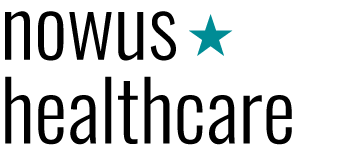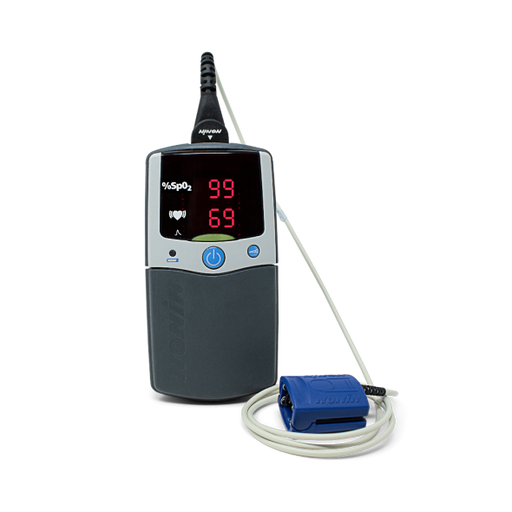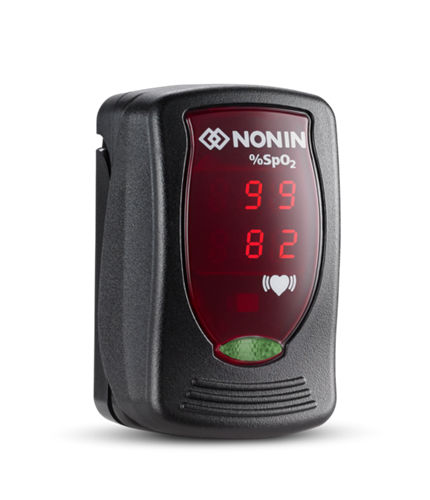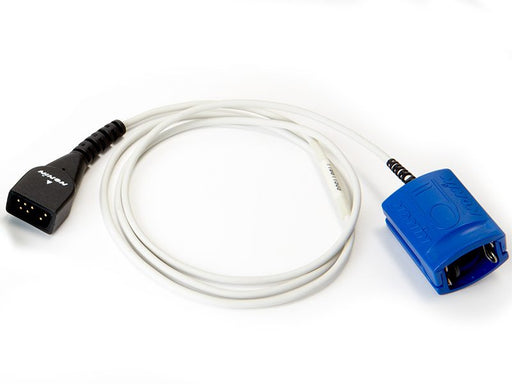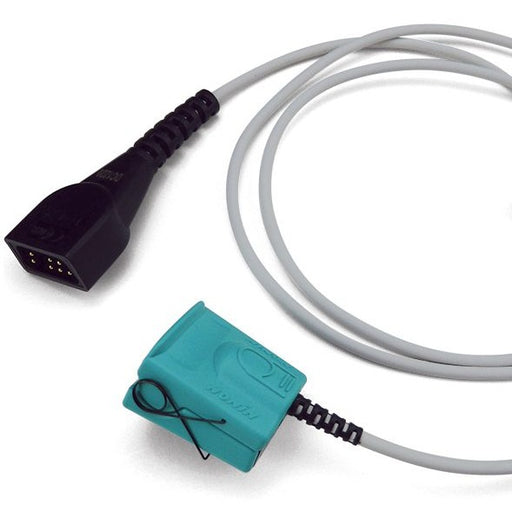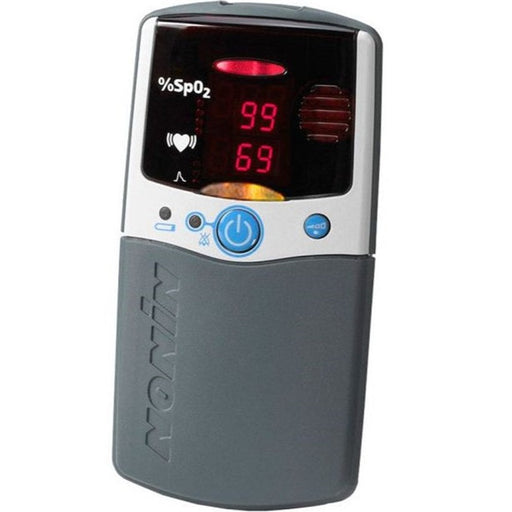CPAP Masks and Sleep Apnea: A Comprehensive Overview
Sleep apnea is a common sleep disorder characterized by repeated interruptions in breathing during sleep. These interruptions, known as apneas, can lead to disrupted sleep, daytime fatigue, and long-term health complications if left untreated. One of the most effective treatments for sleep apnea is continuous positive airway pressure (CPAP) therapy, which uses a CPAP machine and a mask to deliver a steady stream of air, keeping the airway open and preventing apneas.
Types of CPAP Masks:
There are three primary types of CPAP masks designed to cater to different patient needs and preferences. These include:
-
Nasal masks: These masks cover only the nose and are the most commonly used type of CPAP mask. Nasal masks provide a good seal around the nose, making them suitable for users who breathe primarily through their nose during sleep.
-
Nasal pillows: Nasal pillows are smaller and more compact than traditional nasal masks. They have soft silicone pillows that fit directly into the nostrils, providing a more direct airflow and reduced contact with the face. These masks are ideal for users who prefer minimal facial contact and those who wear glasses or experience claustrophobia with larger masks.
-
Full-face masks: Full-face masks cover both the nose and mouth, making them suitable for users who breathe through their mouth during sleep or those who have difficulty using a nasal mask due to nasal congestion. These masks provide a larger surface area for the seal, ensuring effective therapy even for mouth breathers.
Choosing the Right CPAP Mask:
Selecting the appropriate CPAP mask is crucial for effective sleep apnea treatment. Factors to consider when choosing a CPAP mask include:
- Breathing preferences: Determine whether you breathe primarily through your nose or mouth during sleep.
- Facial structure: Consider the shape and size of your face and any facial hair, which can affect the mask's fit and seal.
- Sleep habits: Consider your preferred sleep position and whether you tend to move a lot during sleep, which may impact the mask's stability.
- Comfort: The mask should feel comfortable and secure on your face without causing pressure points or discomfort.
It's essential to consult with a healthcare professional or sleep specialist to help you choose the right CPAP mask based on your specific needs.
Maintaining and Cleaning CPAP Masks:
Proper maintenance and cleaning of your CPAP mask are crucial for ensuring effective therapy and preventing potential health issues such as skin irritation or infection. Follow the manufacturer's guidelines for cleaning and replacing mask parts. In general, it's recommended to:
- Clean the mask cushion daily with mild soap and warm water.
- Wash the headgear and other mask components weekly.
- Inspect the mask regularly for signs of wear and tear, and replace parts as needed.
In conclusion, CPAP masks play a critical role in treating sleep apnea. Choosing the right mask and maintaining it properly can significantly improve the effectiveness of CPAP therapy and enhance the overall quality of sleep for individuals with sleep apnea.
